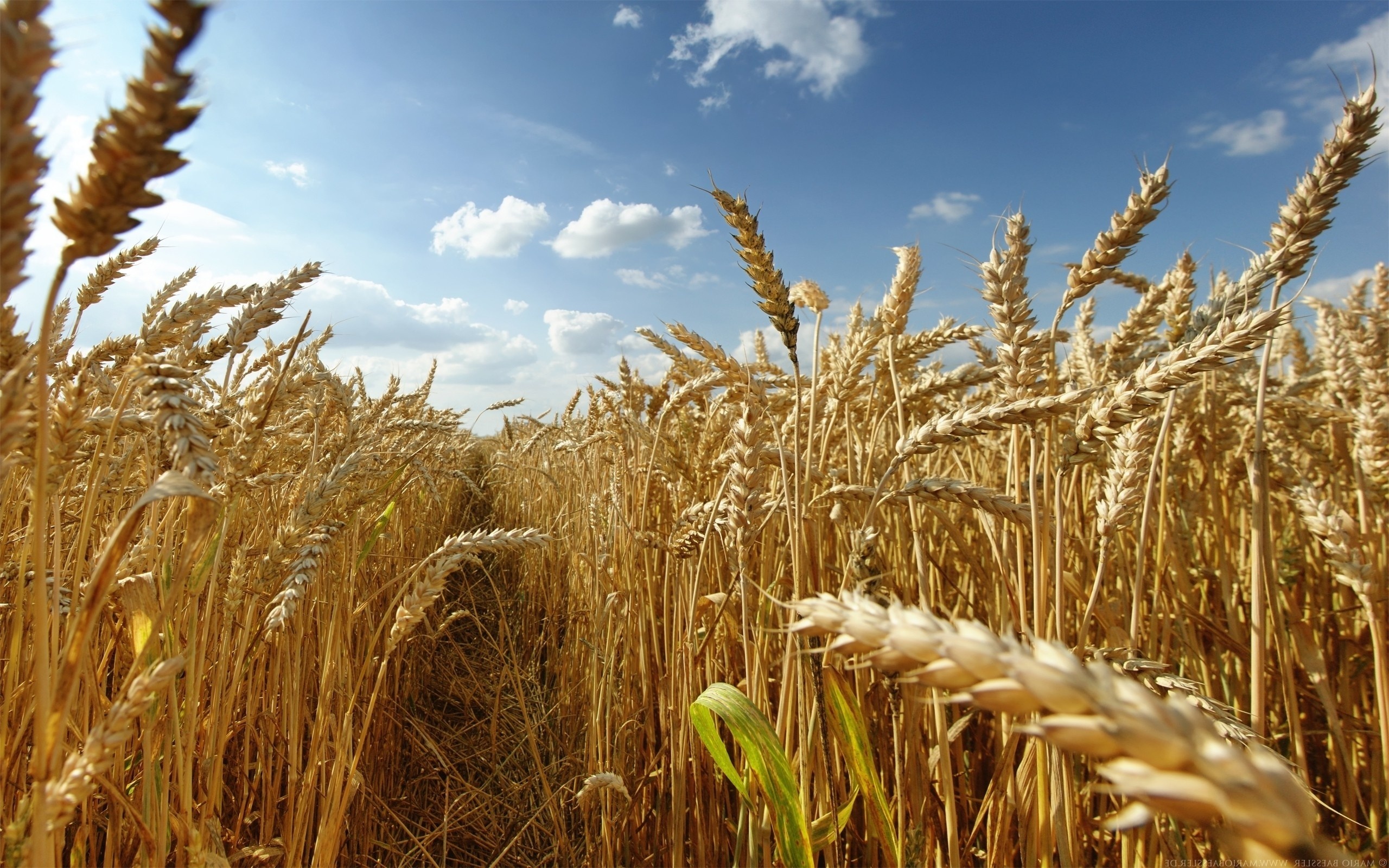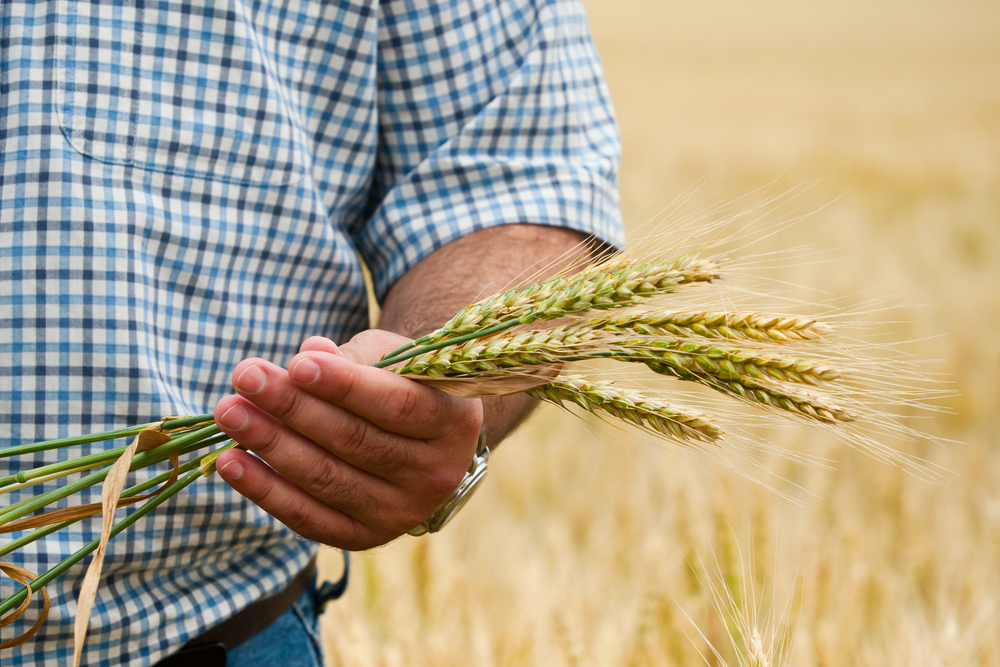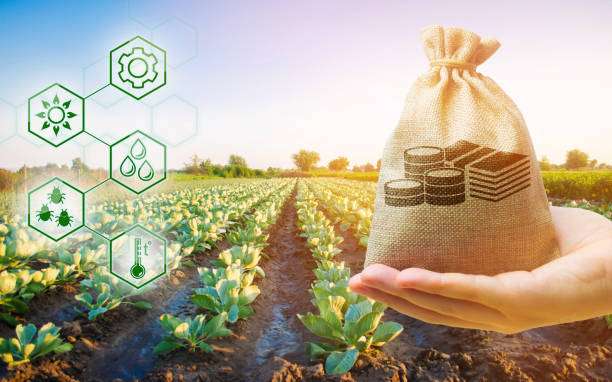Agricultural economics is a complex and vital aspect of the agriculture industry. It involves the study of how scarce resources are allocated and utilized in the production, distribution, and consumption of agricultural products. From small family farms to large-scale commercial operations, understanding the economic principles that drive the industry is crucial for its success. In this blog post, we will explore the intricacies of agricultural economics and shed light on the dynamics that shape this vital sector of our economy. Whether you are a farmer, consumer, or simply curious about the agriculture industry, this post will help you make sense of the economic forces at play. So, let’s dive in and uncover the fascinating world of agricultural economics.
Defining Agricultural Economics: Understanding Its Relevance and Application
Agricultural economics is a field that focuses on the application of economic principles to the agriculture industry. It delves into the study of how scarce resources, such as land, labor, and capital, are allocated and utilized in the production, distribution, and consumption of agricultural products. But why is this field so relevant and how does it apply to our everyday lives?
To put it simply, agricultural economics is crucial because it helps us understand the dynamics of the agriculture industry and its impact on the broader economy. Whether you’re a farmer, a consumer, or someone who is simply curious about the industry, having a grasp of agricultural economics can help you navigate and make sense of the economic forces at play.
For farmers, agricultural economics provides essential insights into optimizing their farm operations. By understanding the relationship between input costs, yields, and market prices, farmers can make informed decisions about what to produce, when to produce it, and how to sell their products. This knowledge is essential for maximizing profitability and ensuring the long-term sustainability of their farms.
On a larger scale, agricultural economics also plays a critical role in policy making. Governments rely on economic analysis to formulate policies that support the agriculture sector, such as subsidies, trade regulations, and environmental regulations. By understanding the economic implications of different policy options, policymakers can make informed decisions that promote the overall welfare of farmers, consumers, and the environment.
Furthermore, agricultural economics is closely intertwined with agribusiness. Agribusiness refers to the commercial activities involved in producing, processing, and distributing agricultural products. Understanding the economic principles that drive agribusiness is crucial for companies to make strategic decisions and stay competitive in the market. Whether it’s determining the most cost-effective production methods, analyzing market trends, or developing pricing strategies, agribusiness relies heavily on economic analysis.
Agricultural economics also has a significant impact on sustainable agriculture. With growing concerns about the environmental and social implications of agricultural practices, the field of agricultural economics plays a vital role in developing and implementing sustainable farming techniques. By analyzing the costs and benefits of sustainable practices, such as organic farming or agroecology, agricultural economists can help farmers and policymakers make choices that minimize environmental damage while ensuring economic viability.
Lastly, agricultural economics and food security go hand in hand. With the global population projected to reach nearly 10 billion by 2050, ensuring food security is a pressing challenge. Agricultural economics provides valuable insights into issues such as food production, distribution, and access.

The Critical Role of Agricultural Economics in Policy Making
Agricultural economics plays a critical role in policy making, shaping the decisions and regulations that govern the agriculture industry. Policymakers rely on economic analysis to develop policies that support farmers, consumers, and the environment.
One of the key areas where agricultural economics informs policy making is in the formulation of subsidies. Governments provide subsidies to farmers to incentivize certain practices or support specific crops. Agricultural economists analyze the costs and benefits of these subsidies, considering factors such as their impact on market prices, farmers’ incomes, and environmental sustainability. This analysis helps policymakers determine the most effective and equitable use of public funds.
Trade regulations are another area where agricultural economics guides policy making. Governments implement trade policies to protect domestic farmers from foreign competition or to facilitate international trade. Agricultural economists analyze the economic implications of these policies, considering factors such as import tariffs, export subsidies, and market access. This analysis helps policymakers balance the needs of domestic producers with the demands of international markets.
Environmental regulations are also heavily influenced by agricultural economics. As concerns about the environmental impact of agriculture grow, policymakers turn to agricultural economists for guidance on developing regulations that promote sustainable farming practices. This includes policies related to water usage, pesticide and fertilizer application, and land conservation. By considering the economic costs and benefits of different environmental regulations, agricultural economists help policymakers strike a balance between environmental sustainability and economic viability.
In addition to subsidies, trade regulations, and environmental policies, agricultural economics also informs decisions on issues such as agricultural research funding, rural development programs, and food safety regulations. By providing policymakers with economic insights, agricultural economics helps ensure that policies are effective, efficient, and aligned with the overall goals of the agriculture sector.
How Agricultural Economics Affects Farm Management
Farm management is a critical aspect of running a successful agricultural operation, and agricultural economics plays a crucial role in informing and guiding farm management decisions. By understanding the economic principles that underpin the industry, farmers can optimize their operations, maximize profitability, and ensure long-term sustainability.
One of the key ways in which agricultural economics affects farm management is through the analysis of input costs and market prices. Farmers need to carefully consider the costs of inputs such as seeds, fertilizers, machinery, and labor, and weigh them against the potential returns from the sale of their agricultural products. Agricultural economists provide valuable insights into market trends, supply and demand dynamics, and price fluctuations, enabling farmers to make informed decisions about what to produce, when to produce it, and how to sell their products. By carefully managing these factors, farmers can minimize production costs and maximize profits.
Another important aspect of farm management influenced by agricultural economics is risk management. Agriculture is inherently risky, with factors such as unpredictable weather patterns, disease outbreaks, and volatile market conditions. Agricultural economists help farmers assess and manage these risks by analyzing insurance options, hedging strategies, and diversification opportunities. By understanding the potential risks and rewards of different farming practices and management strategies, farmers can make informed decisions that protect their operations and ensure their long-term viability.
Additionally, agricultural economics informs farm management decisions related to resource allocation. As the availability of land, labor, and capital is often limited, farmers need to carefully allocate these resources to maximize productivity. Agricultural economists provide insights into the efficient use of resources, such as optimizing land use, determining labor requirements, and making informed decisions about investments in machinery and infrastructure.
The Intricate Relationship between Agricultural Economics and Agribusiness
Agricultural economics and agribusiness are intertwined in a complex and intricate relationship that shapes the industry as a whole. Agribusiness refers to the commercial activities involved in producing, processing, and distributing agricultural products. From seed suppliers to equipment manufacturers to food processors, agribusiness encompasses a wide range of companies and organizations that contribute to the agricultural value chain.
Agricultural economics plays a crucial role in agribusiness by providing the economic analysis and insights necessary for companies to make strategic decisions and stay competitive in the market. By understanding the economic principles that drive agribusiness, companies can determine the most cost-effective production methods, analyze market trends, and develop pricing strategies.
For example, agricultural economists can analyze the costs and benefits of different production techniques, such as traditional farming versus precision agriculture, to help companies make informed decisions about resource allocation. They can also assess market demand and price elasticity to help agribusinesses set optimal prices for their products. By applying economic principles to agribusiness, companies can maximize profitability and efficiency, ensuring their long-term success in a highly competitive industry.
Furthermore, agricultural economics helps agribusinesses navigate the complexities of supply chains and distribution networks. As agricultural products move from farms to consumers, there are numerous factors that can affect the efficiency and profitability of the process. By understanding the economic implications of transportation costs, storage facilities, and market access, agribusinesses can make informed decisions about how to optimize their supply chains and reach consumers in the most cost-effective and timely manner.
In summary, agricultural economics and agribusiness are deeply intertwined, with economic principles driving decision-making and shaping the strategies of companies throughout the agricultural value chain. By applying economic analysis to agribusiness, companies can maximize profitability, optimize resource allocation, and navigate the complexities of supply chains and distribution networks. This intricate relationship between agricultural economics and agribusiness is crucial for the industry’s overall success and sustainability.
The Role of Agricultural Economics in Sustainable Agriculture
Sustainable agriculture is a pressing concern in today’s world, as we strive to find ways to produce food while minimizing environmental damage and ensuring the long-term viability of our farming systems. This is where agricultural economics plays a vital role.
Agricultural economics provides valuable insights into the costs and benefits of sustainable farming practices. By analyzing the economic implications of different techniques, such as organic farming or agroecology, agricultural economists can help farmers and policymakers make choices that minimize environmental damage while ensuring economic viability.
For farmers, understanding the economics of sustainable agriculture can help them make informed decisions about adopting sustainable practices. While sustainable farming may initially involve higher upfront costs, it can lead to long-term benefits, such as improved soil health, reduced pesticide use, and increased resilience to climate change. By weighing the economic costs and benefits, farmers can make choices that align with their economic and environmental goals.
Policymakers also rely on agricultural economics to develop and implement policies that promote sustainable agriculture. By considering the economic costs and benefits of different policy options, policymakers can make informed decisions about providing incentives for sustainable practices, implementing environmental regulations, and supporting research and development in sustainable farming techniques.
Ultimately, agricultural economics plays a critical role in ensuring the sustainability of our agriculture systems. By providing economic insights, it helps farmers, policymakers, and consumers navigate the complex challenges of feeding a growing population while preserving our natural resources. Through the application of economic principles, we can move towards a more sustainable and resilient agricultural future.
Agricultural Economics and Food Security: An Inseparable Duo
Food security is a pressing global concern, and agricultural economics plays a vital role in ensuring its attainment. Food security refers to the availability, access, and affordability of food for all individuals. With the global population projected to reach nearly 10 billion by 2050, ensuring food security has become an increasingly challenging task.
Agricultural economics provides valuable insights into issues related to food production, distribution, and access. By analyzing the economic implications of different agricultural practices, policies, and market dynamics, agricultural economists help policymakers, farmers, and consumers navigate the complexities of food security.
One key aspect where agricultural economics contributes to food security is in optimizing food production. By understanding the relationship between input costs, yields, and market prices, agricultural economists can provide insights into how farmers can increase productivity and minimize production costs. This knowledge helps farmers make informed decisions about what to produce, when to produce it, and how to best allocate their resources. Maximizing agricultural productivity is crucial for meeting the increasing food demands of a growing population.
Additionally, agricultural economics informs policies that aim to improve access to food. Governments rely on economic analysis to develop programs and initiatives that address issues such as food affordability and distribution. By understanding the economic factors that affect food access, policymakers can implement targeted interventions, such as social safety nets and market regulations, to ensure that vulnerable populations have adequate access to nutritious food.
Furthermore, agricultural economics plays a role in addressing food waste and post-harvest losses. By analyzing the economic costs and benefits of reducing food waste, agricultural economists can guide policymakers in implementing measures to minimize post-harvest losses, improve supply chain efficiency, and enhance food preservation and storage practices. Reducing food waste is crucial for ensuring that the available food supply is utilized effectively and efficiently.
In summary, agricultural economics and food security are inseparable. Through economic analysis and insights, agricultural economists contribute to the optimization of food production, the improvement of food access, and the reduction of food waste. By understanding the economic forces at play and making informed decisions, we can work towards a future where everyone has access to safe, nutritious, and affordable food.





You received this message and I can send your ad message to millions of sites the same way. It’s a cheap and effective way to get your message out there.Contact me by email or skype below if you want to know more.
P. Stewart
Email: 7kh2t8@gomail2.xyz
Skype: live:.cid.2bc4ed65aa40fb3b